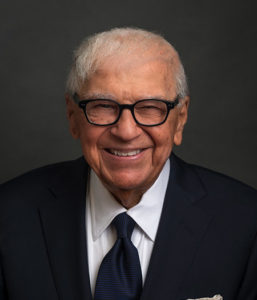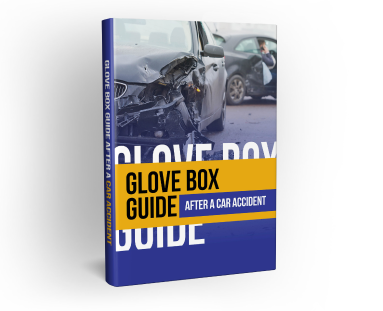How Long Can Truckers Drive in New York?
Strict regulations govern the number of hours a truck driver can operate their vehicle. These rules aim to prevent fatigue, reduce crash risk, and keep truck drivers and other road users safe.
Work Hour Restrictions for Truck Drivers in New York City
For the most part, truck drivers in New York are subject to the same hours of service restrictions as those set by the Federal Motor Carrier Safety Administration (FMCSA). These rules impose the following work-hour restrictions for truck drivers in New York City:
- Truck drivers can drive for a maximum of 11 hours per day, but only after spending 10 consecutive hours off duty.
- Drivers cannot drive beyond 14 hours after coming on duty following 10 off-duty hours.
- Truck drivers also have a weekly limit on their driving hours. They cannot drive more than 60 hours over seven consecutive days or 70 hours over eight consecutive days.
- Drivers must take continuous breaks of 34 hours or more to reset their seven- or eight-day limits.
Truck drivers who operate within 150 air-miles of their home base and return there at the end of their shifts receive a short-haul exception and may work a 14-hour shift.
Who Is Considered a Truck Driver in NYC?
In New York City, a truck driver is someone who operates a vehicle specifically classified as a truck, distinct from other commercial vehicles like buses or vans. This classification matters because different regulations apply to trucks than other commercial vehicle types. Therefore, it’s essential to identify whether a vehicle is categorized as a truck to determine the laws that apply to the driver.
Consequences When Truckers Ignore Hours of Service Regulations
Ignoring or violating hours of service regulations can lead to driver fatigue, which poses significant risks and can result in severe accidents. Here are several consequences of fatigue that can result from not adhering to these important safety standards:
- Impaired Judgment: When drivers are overtired, their decision-making skills deteriorate. They might make poor choices about speed, following distance, or when to take breaks, which can increase the likelihood of accidents.
- Increased Errors: Fatigued drivers often experience lapses in attention, leading to mistakes such as missing turns, drifting between lanes, or failing to observe traffic signals. These errors can quickly lead to accidents, endangering both truck drivers and other road users.
- Microsleeps: Microsleeps are brief, involuntary episodes of loss of attention associated with fatigue. They can last from a fraction of a second up to 30 seconds, during which a driver might unintentionally close their eyes or lose focus on the road. A truck can travel a considerable distance without the driver’s conscious control, leading to potentially catastrophic consequences.
- Poor Reaction Time: Fatigue slows a driver’s ability to react quickly to sudden changes in traffic conditions or unexpected road hazards. This delay can result in catastrophic collisions, especially in high-speed driving areas.
Contact our New York City Truck Accident Lawyers for Help
If you’ve been hurt in an accident with a fatigued truck driver in New York City, contact Finz & Finz, P.C. for a free initial consultation now. Our truck accident lawyer is here to help you explore your legal options and demand fair compensation on your behalf.





























